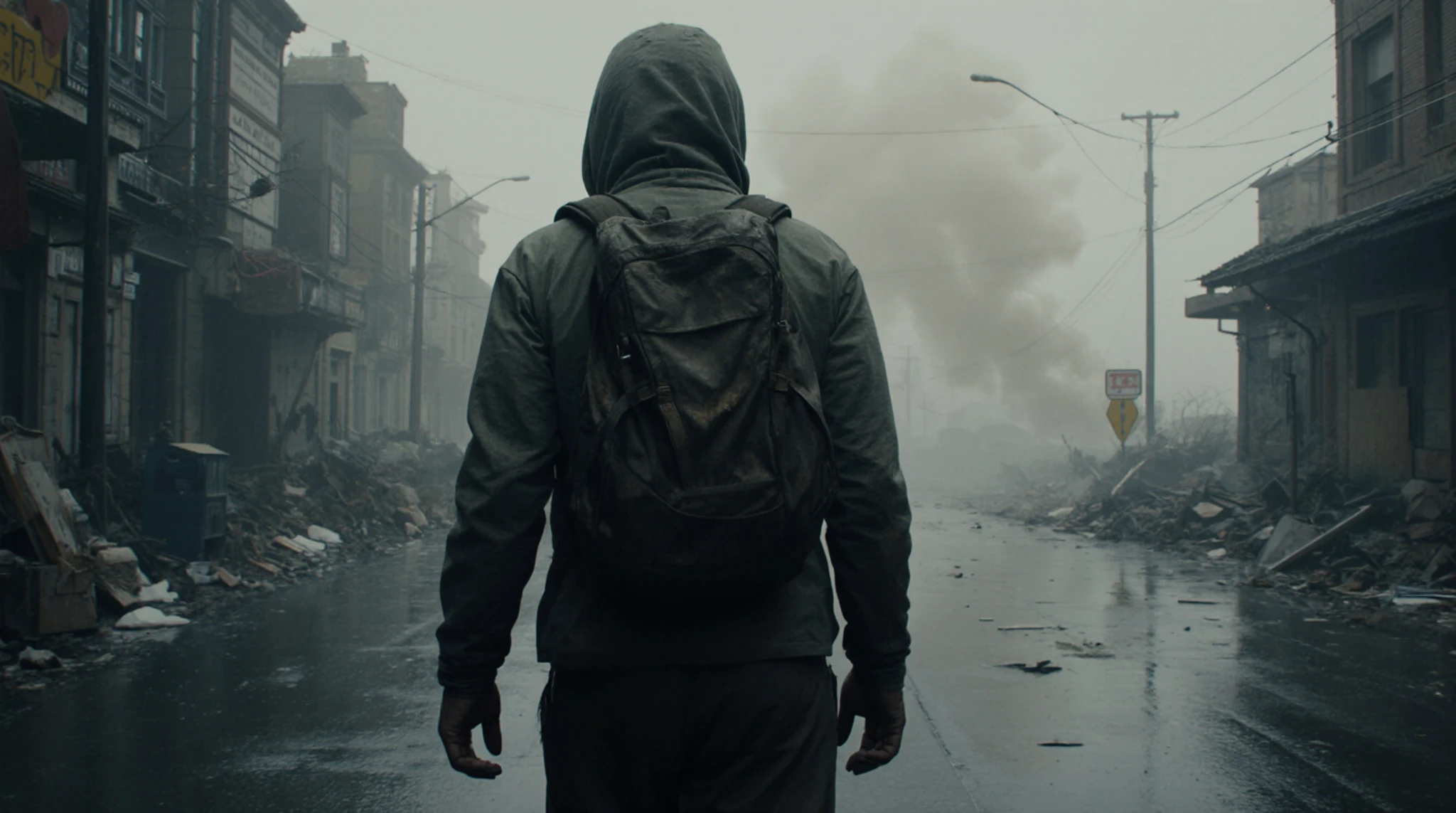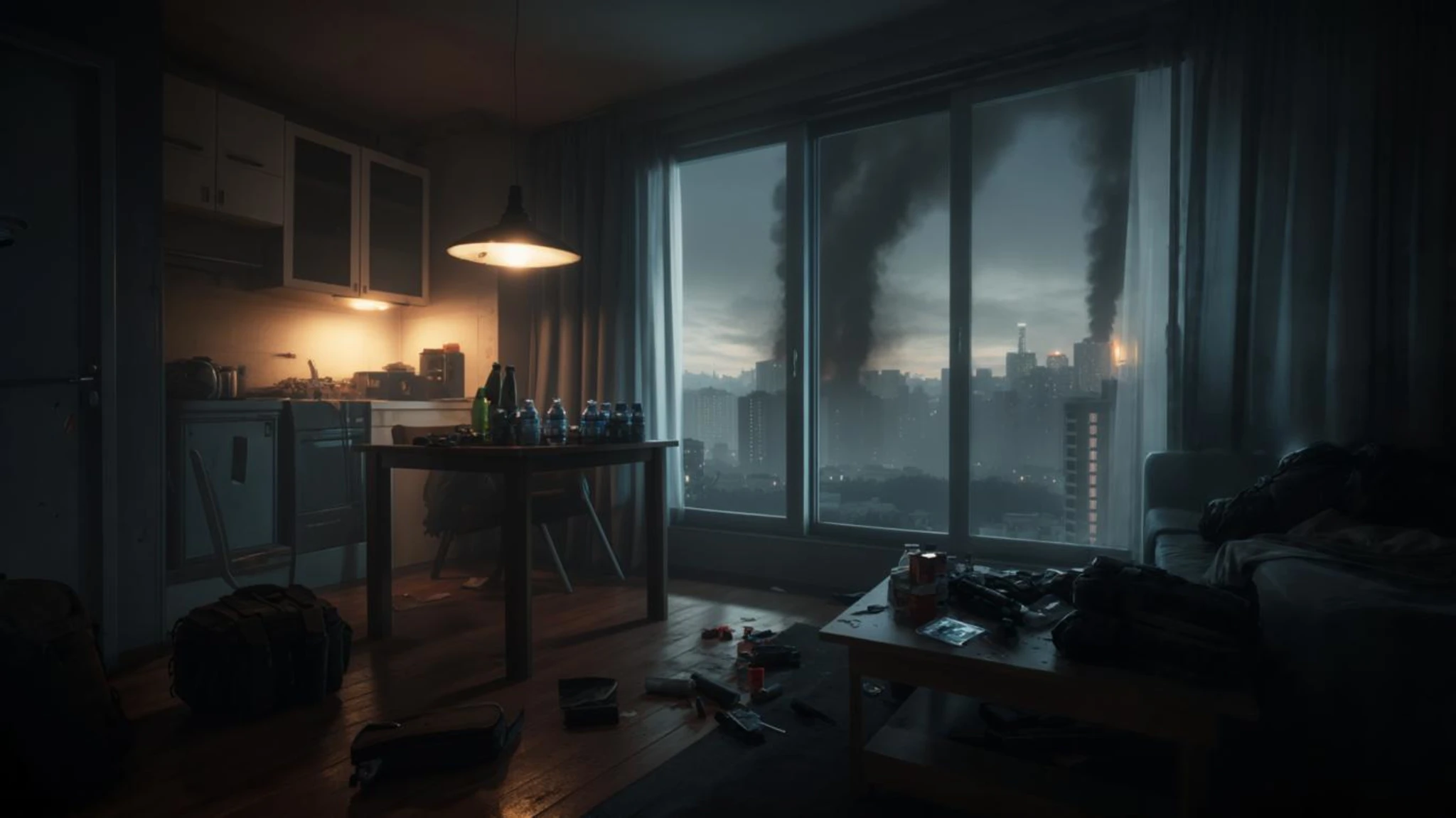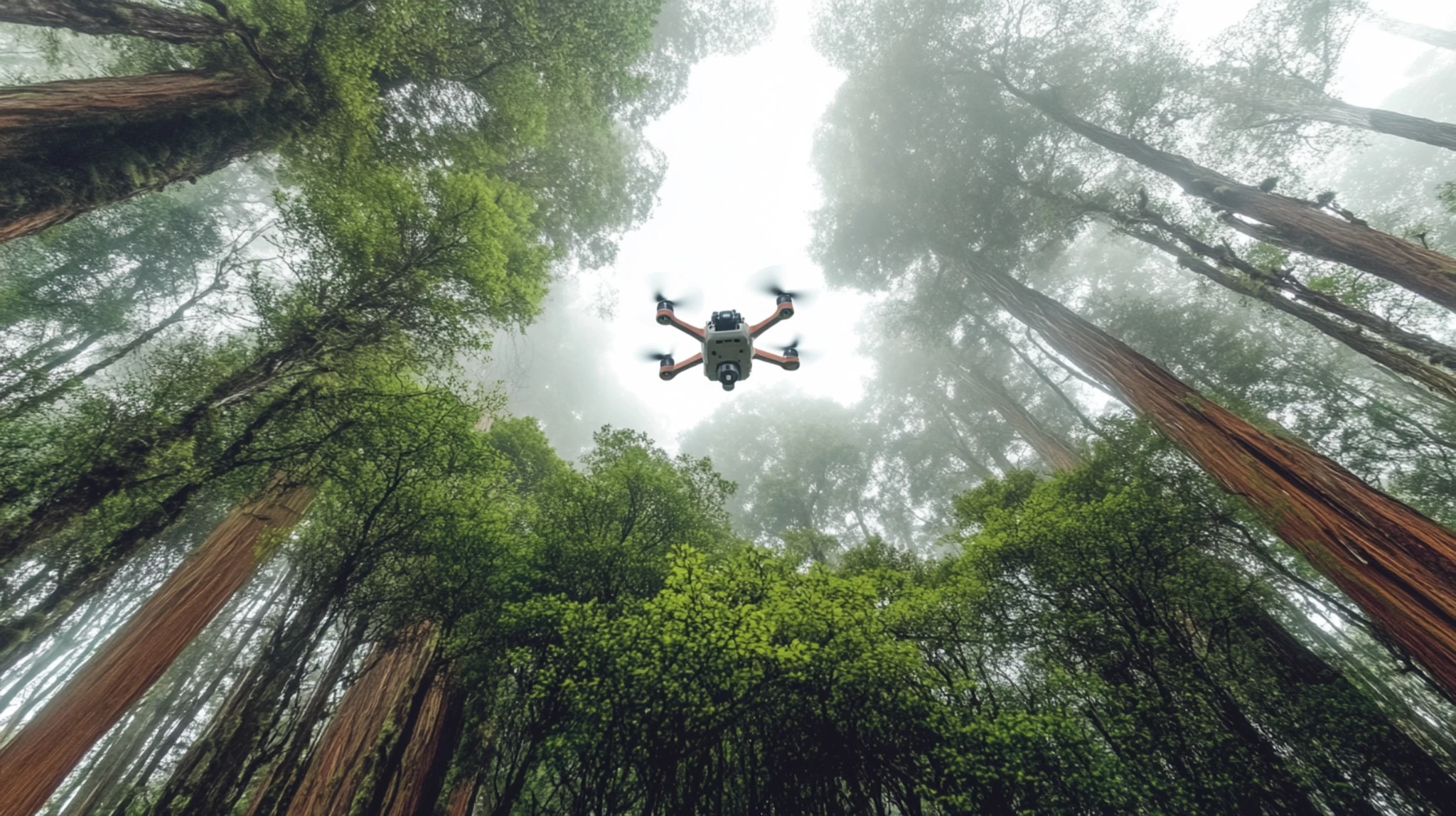When society falls apart, the most dangerous moments come when everyone rushes for the exit at once. Highways clog, panic sets in, and supplies vanish overnight. In that chaos, stealth isn’t just a nice idea—it’s your best chance at survival.
Many imagine bugging out as a frantic dash, tossing gear into a vehicle, and racing toward safety. But noisy escapes attract attention. Flashing lights, roaring engines, and loaded rooftops tell the desperate you have resources worth taking. I’ve worked with survivors of natural disasters and civil unrest, and there’s one lesson that holds steady: those who move quietly move safely.
Think about the last blackout or major storm in your area. Within hours, the stores emptied, traffic jammed, and gas pumps ran dry. Now amplify that chaos by tenfold. The first rule of quiet bugging out is simple: never join the crowd. If a crisis brews, leave before panic sets in. Or wait, concealed and supplied, until the initial chaos subsides. Timing isn’t just convenient—it’s lifesaving.
Next, silence your footprint. Choose routes carefully, favoring back roads, trails, and secondary paths over major highways. Most people instinctively head for familiar routes—exactly where trouble will cluster. Plan alternate paths in advance, marking them clearly on physical maps, not just apps dependent on fragile signals. If you move at night, blackout your lights; cover brake lamps with tape, and rely on moonlight or red-lens headlamps to maintain night vision and reduce visibility.
Your vehicle, if you use one, should blend in. A flashy SUV or loaded pickup draws attention. An older, nondescript car or cargo van, externally battered but internally reliable, fades into the scenery. Keep gear inside, covered and secured, rather than lashed visibly to the roof. Maintain noise discipline: test your brakes, suspension, and exhaust before any emergency, eliminating squeaks, rattles, and loud exhaust notes. In a collapse, noise carries further than sight, announcing your location to anyone nearby.
If forced to travel on foot, stealth becomes even more critical. Choose muted colors for clothing and gear—earth tones or subdued grays, never tactical camo that suggests valuable equipment. Control your scent with natural covers like mud or foliage, especially in wooded areas. Move slowly, quietly, and methodically, stepping heel-to-toe to reduce noise and using shadows and natural cover to mask your outline.
Your supplies matter just as much. Foods with minimal preparation and no odors—energy bars, nuts, dried fruits—limit cooking and prevent smoke signals advertising your location. Hydration packs minimize splashing noises and clanking bottles. Pack compact, high-calorie meals and keep waste minimal; bury any evidence of your passage. A tidy campsite is safer than a conspicuous garbage heap.
Never underestimate the power of observation. Each time you move, pause frequently to watch and listen. Move in short bursts, scanning constantly for signs of danger or surveillance. Your senses and intuition will often detect threats before your eyes do. Training these instincts through practice—camping trips, hikes, and drills—sharpens your ability to avoid trouble before it finds you.
Communication, too, requires discretion. Loud voices or two-way radios broadcast your position. Establish prearranged signals—bird calls, hand signals, or brief flashlight flashes—and rely on low-powered radios or short-range walkie-talkies only when absolutely necessary. Short, coded messages reduce risk, and practicing them beforehand builds clarity under stress.
Stealth isn’t just physical; it’s also psychological. Stay calm, quiet, and deliberate. Panic breeds noise, impulsive actions, and mistakes. Those who succeed in moving silently through a crisis carry an inner calm born from preparation and practice. They know their plan, trust their skills, and remain flexible enough to adapt as situations change.
A quiet bug-out strategy isn’t complicated, but it demands discipline. The payoff is huge: while others fight over dwindling supplies, chase frantic crowds, or attract attention, you’ll move confidently and quietly to safety. You won’t just survive the chaos—you’ll slip through it undetected, emerging stronger, safer, and ready to face whatever comes next.



